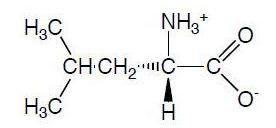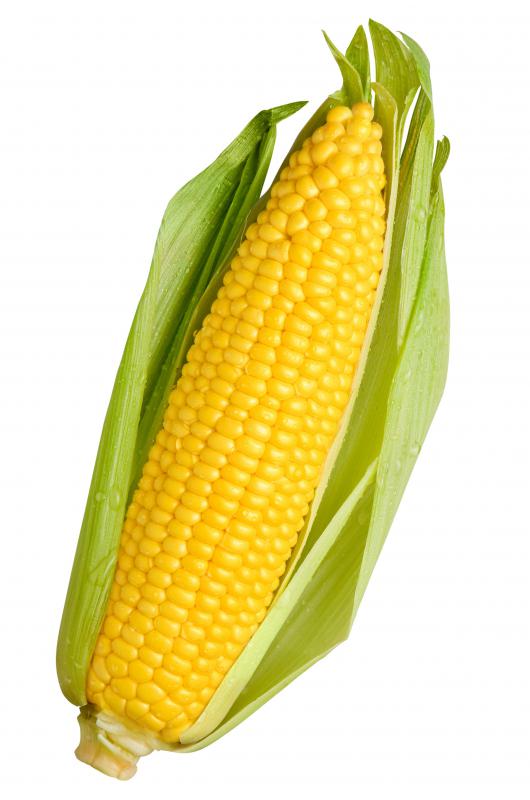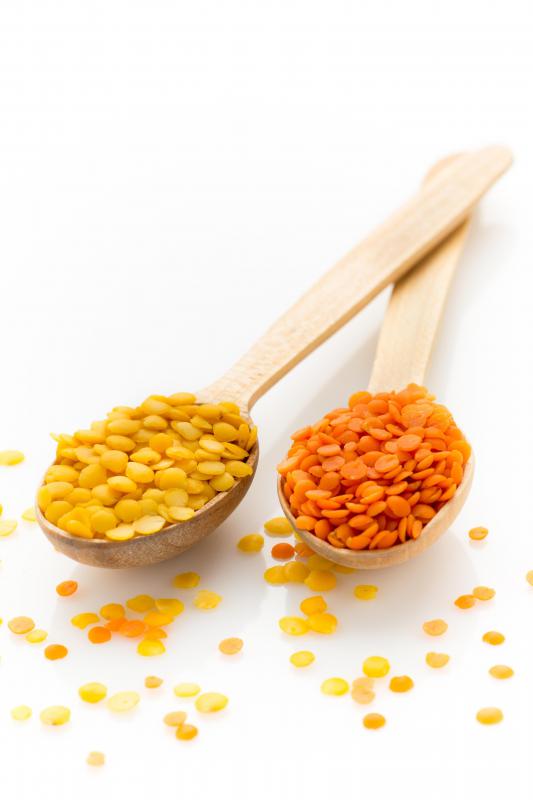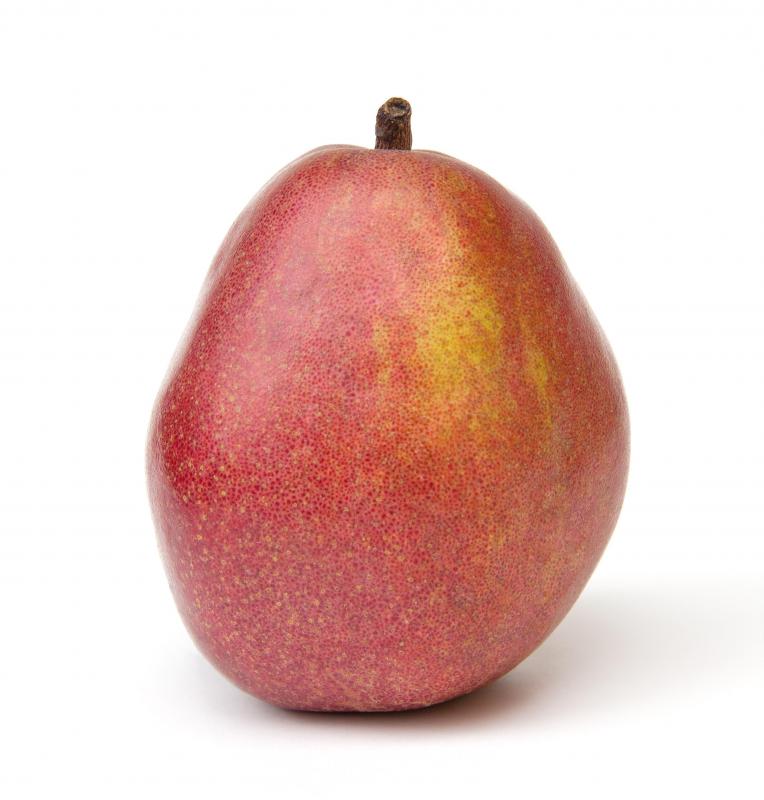At TheHealthBoard, we're committed to delivering accurate, trustworthy information. Our expert-authored content is rigorously fact-checked and sourced from credible authorities. Discover how we uphold the highest standards in providing you with reliable knowledge.
What is Dietary Protein?
Proteins are made of strings of amino acids that form chains known as peptides. Our bodies need dietary protein to accomplish many basic functions, such as building bones, moving muscles, and repairing tissue. Dietary protein, an essential nutrient, comes from meat, dairy, and certain grains and beans.
Proteins differ by the types and order of amino acids they contain. Even though there are only 20 amino acids, they create almost endless variations in chains as long as 500 links. Proteins form inside animals (including humans) and plants through processes that synthesize peptides. For humans, we cannot synthesize certain "essential protein," and so we must ingest them through food. These essential proteins are made of phenylalanine, threonine, methionine, tryptophan, leucine, isoleucine, lysine, and valine amino acids.

Food from plants, like corn, have incomplete protein, which means they do not contain all the necessary amino acids. Only food from animals, such as cheese and fish, provide complete protein, and don't need to be combined with other protein sources. Examples of complete protein foods are milk, cheese, yogurt, butter, poultry, pork, or any meat. Incomplete proteins include oats, wheat, pasta, lentils, nuts, rice, soy, pears, and seeds. Eating a combination of complementary protein sources, such as grains mixed with legumes, results in a diet of essential protein. This is how vegetarians and vegans maintain health without eating meat or dairy.

As building blocks for our tissue and a catalyst in metabolism, dietary protein's jobs are almost too many to enumerate. Our digestive system breaks down protein to its amino acid constituents. They're involved in the nervous system, repairing and maintaining tissue such as bones and skin, and bringing energy to cells. Dietary requirements vary from 1.4-2.5 oz (40-70 g) of protein per day. Too much protein might deplete calcium, while too little causes a form of malnutrition called kwashiorkor. Insufficient protein weakens the heart and other muscles, eventually leading to death. Incidentally, proteins are responsible for most food allergies.
AS FEATURED ON:
AS FEATURED ON:





















Discussion Comments
@talentryto- Though I like beans and other types of plant-based protein, I agree that eggs are also a good source when you want to cut back on meat. I think that eggs are also more satisfying and filling that plant-based protein sources, which sometimes leave you feeling hungry even after you eat a them.
The protein in my diet primarily comes from eggs. Though I'm not a total vegetarian, I try to eat as little meat as possible, I have found that eggs are a good substitute, and provide high quality protein that is easily digestible.
To compensate for not eating meat, I often make egg sandwiches, quiches, and egg salads. I get the protein I need without eating meat.
Post your comments